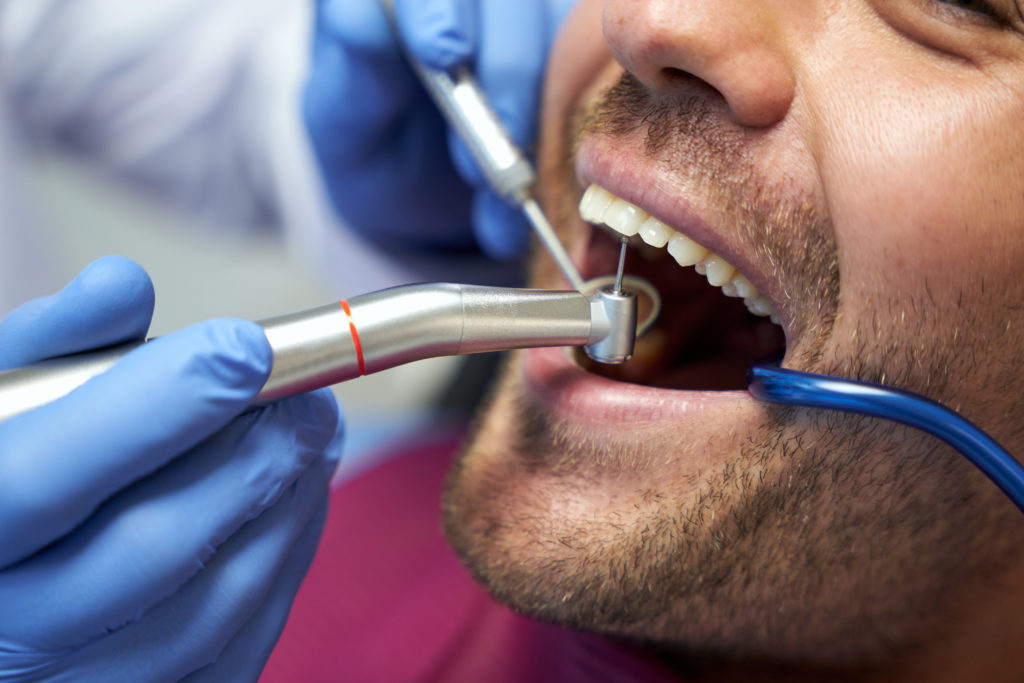CAVITIES: WHAT YOU NEED TO KNOW

Caries, also known as dental cavities, are areas on teeth where bacteria has accumulated and started creating decay. Dental cavities are the most frequent problem that dental health professionals address.
Cavities start as tiny holes on the surface of a tooth, but can eventually reach the root of the tooth if it isn’t treated. Plaque and bacteria can thrive on rough tooth surfaces.
It is often easy to treat dental decay at its early stages.
If left untreated, the decay can cause severe pain when you chew on the tooth, drink hot or chilled liquids, or eat sweets. Cavities can eventually lead to the loss of the tooth.
Advanced decay usually manifests as sharp, persistent pain during eating and drinking. Sometimes, the tooth’s decayed surface can become infected. Infections can lead to severe pain that makes it difficult to work or sleep.
Checkups for dental problems
Good dental hygiene and regular dental checkups are the best ways to reduce or prevent cavities. You can avoid problems by having regular checkups twice a year. Treatment is usually quicker, cheaper, and more comfortable.
Fluoride, a chemical that hardens teeth surfaces, is an important component of preventing cavities. Fluoride is found in many municipal water supplies, either naturally or as an additive.
Fluoride is particularly effective for treating children and teenagers, but it can also be used to treat any age. Your dentist can help you determine the right amount of fluoride to protect your teeth.
Fluoride treatments can be offered by your dentist to increase your protection if you don’t have fluoride in your water supply or if they are below the minimum. Fluoride toothpaste or mouthwash may be recommended by your dentist.
Preventing cavities is better than treating them. Follow these basic steps to prevent or reduce the severity of cavities:
- Regular visits to your dentist for cleanings and exams
- At least twice a day, brush your teeth and floss at the very least once a day
- Avoid sugary foods and snacks, especially if they lodge between your teeth.
- Avoid sugary soft drinks, and avoid many energy drinks.
- A healthy diet for your overall health will also be good for your teeth in most cases.
- Follow the advice of your dentist regarding the frequency of dental exams, flossing, brushing, and diet
- Your dentist will schedule an appointment for you to fix a cavity. The repair of simple cavities usually takes less than an hour.
To reduce discomfort, your dentist will place a numbing agent in the gums surrounding the decayed tooth. These modern drugs, unlike the old medications, are extremely effective and last for a short time.
Injuries
Your dentist will then remove any decayed material from the tooth. The area is then filled with a compound to protect it and prevent further decay.
Your dentist may recommend treatment if the decay has caused severe damage to the tooth. These procedures can be more complex and may require special or longer sessions.
Your dentist will try to save your tooth and return it to health. Your dentist may recommend a solution for severe damage. Your dentist may recommend alternatives to help you chew, bite down, and function normally without the original tooth.
If you have a visible tooth, such as if you smile or open your mouth, it is important to pay attention to ensure that your appearance does not suffer. Not only can missing teeth cause difficulties with chewing or biting down but they can also affect self-confidence.
Partnering with your dentist can prevent or lower the severity of dental decay and other health issues.
